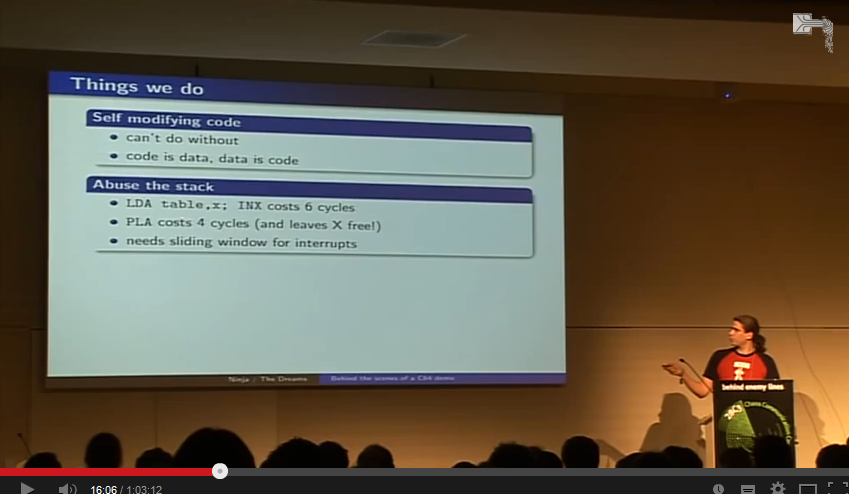Although a lot has been said about Smart Grids Projects in the
Netherlands (Overview Netherlands) and Europe (Overview Europe),
the real adoption of smart grids will eventually depend on social acceptance.
It is of relevance to look at the social aspects of smart grid projects, in particular from the perpective of Sustainable Energy Communities, the groups of people that are involved in smart grid projects.
As a phenomenon, Sustainable Energy Communities play a key role in the acceptance and succes of sustainable energy initiatives. These communities invest and exploit microgeneration and reconfigure social practices. They thus can be regarded as incubators of social innovation in the field of energy and utilities.
It is of relevance to look at the social aspects of smart grid projects, in particular from the perpective of Sustainable Energy Communities, the groups of people that are involved in smart grid projects.
As a phenomenon, Sustainable Energy Communities play a key role in the acceptance and succes of sustainable energy initiatives. These communities invest and exploit microgeneration and reconfigure social practices. They thus can be regarded as incubators of social innovation in the field of energy and utilities.
Trigger: Arentsen, M. Bellekom, S. Power to the people: local energy initiatives as seeds of innovation? Energy, Sustainability and Society (4),1-12, 2014


